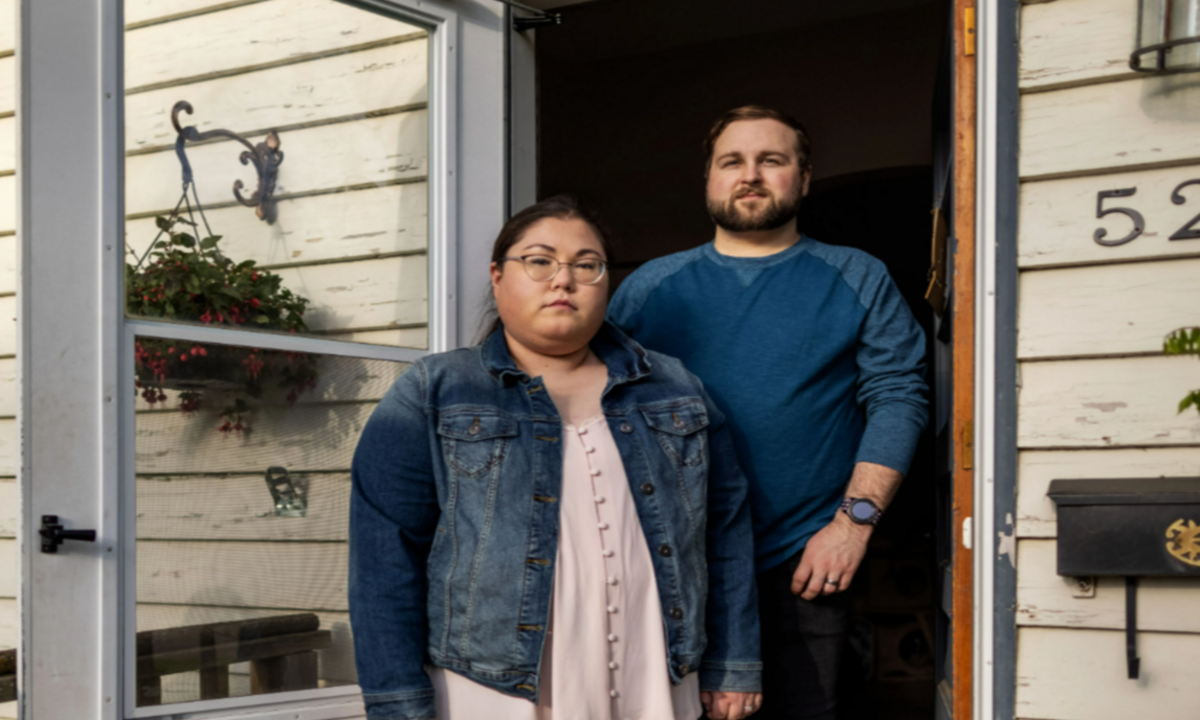The Iowa Supreme Court has ruled in favor of a rental inspection ordinance in Orange City, allowing city officials to enforce property inspections with a warrant. This decision reverses an earlier lower court ruling that deemed the ordinance unconstitutional.
The Legal Battle
The case was initiated by landlords and renters working with the Institute for Justice, a national public interest law firm. They challenged the ordinance, which mandates rental property inspections every five years and grants the city the authority to obtain administrative warrants when access is denied.
In 2023, a district judge ruled that the ordinance violated the Iowa Constitution. The ruling emphasized that renters should have safeguards, including the right to be informed when a warrant is sought and the ability to contest the terms of the inspection.
Supreme Court’s Justification
On December 20, the Iowa Supreme Court unanimously overturned the lower court’s ruling. Justice David May, writing for the court, stated that there are legal ways to enforce the ordinance. He noted that rental units could be inspected by certified third-party organizations rather than city officials. In such cases, administrative warrants would not be required, avoiding constitutional concerns.
The ruling also highlighted alternative, non-warrant means for the city to gain access to properties. The court questioned whether the lower court applied the correct legal standard in ruling that administrative warrants without probable cause were unconstitutional. Instead of addressing the broader constitutional question, the Supreme Court based its reversal on the possibility of the ordinance being enforced in a lawful manner.
Reaction from Plaintiffs and City Officials
The ruling has been met with criticism from those who originally challenged the ordinance. John Wrench, an attorney with the Institute for Justice, expressed disappointment in the decision.
“Orange City insists that it has the authority to forcefully search the homes of our clients and all renters using warrants that are not based on any evidence of a violation,” Wrench said. “By refusing to address the constitutionality of those searches, today’s decision leaves Iowans without a clear path for challenging the government’s forceful entry of their homes.”
Erika Nordyke, a renter and plaintiff in the case, voiced concerns over privacy. “My husband and I are private people, and we don’t want to be forced to let people we don’t know into our home to go searching around when we’ve done nothing wrong,” she said.
On the other hand, city attorney Zac Clausen defended the ordinance. “The Iowa Supreme Court’s ruling validates the city’s rental inspection program, which is designed to protect, preserve, and promote the physical health and social wellbeing of the citizens of Orange City,” he stated. “While the city acknowledges the privacy concerns advanced by the plaintiff citizens, the program is designed to provide minimally intrusive inspections every five years.”
What This Means for Renters and Landlords
The ruling sets a precedent for similar rental inspection laws across Iowa and potentially other states. While some view it as a necessary measure to ensure safe housing, others see it as a violation of tenant privacy rights.
As the legal landscape continues to evolve, renters and landlords must stay informed about their rights and responsibilities. For now, rental inspections in Orange City will proceed under the guidelines set by the upheld ordinance, reinforcing the city’s authority to regulate rental properties while leaving unresolved concerns about privacy and constitutional protections.
Disclaimer—Our team has checked this article to ensure its accuracy and eliminate any misinformation. We are committed to providing clear and reliable information for our readers.




